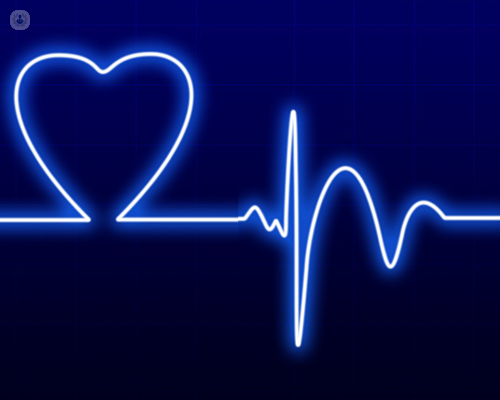What is cryoablation, and what is it used to treat?
Written in association with:Cryoablation can be a highly effective treatment option for some when it comes to regulating heart rhythm. In our latest article here below, revered London-based interventional cardiologist, Dr Jonathan Byrne, discusses how and why cryoablation is performed, and reveals how effective it is and whether or not it is safe.

What is cryoablation treatment, and why is it performed?
Cryoablation treatment is generally performed by a cardiologist. It is performed in order to restore normal heart rhythm by disabling heart cells that create an irregular heartbeat.
It is a minimally invasive procedure where a thin, flexible tube called a balloon catheter is used to locate and freeze the heart tissue that triggers an irregular heartbeat. Recent studies have found cryoablation to be significantly more effective than medication, and patients generally experience less pain than with radiofrequency ablation.
What happens during cryoablation?
As mentioned, it is a minimally invasive procedure where a thin, flexible tube is used to locate and freeze the heart tissue that triggers an irregular heartbeat. The tube is then inserted into a blood vessel, and is then threaded though the body until it reaches the heart.
This narrow tube has an inflatable balloon on one end that engages the pulmonary vein. Using advanced imaging techniques, the doctor is able to guide the catheter to the heart.
Once the balloon is at the ostium of the pulmonary vein, extreme cold energy flows through the catheter to destroy this small amount of tissue and restore a healthy heart rhythm.
How successful is cryoablation for atrial fibrillation, and is it safe?
The success rate of the procedure is generally excellent, but, of course, it depends on many factors. These include the duration of the condition, the presence of valve disease or coronary artery disease, the type of atrial fibrillation (paroxysmal or persistent), as well as the size of the atria.
Dr Jonathan Byrne is a highly esteemed London-based interventional cardiologist. Consult with him today and book an appointment with him via his Top Doctors profile.


